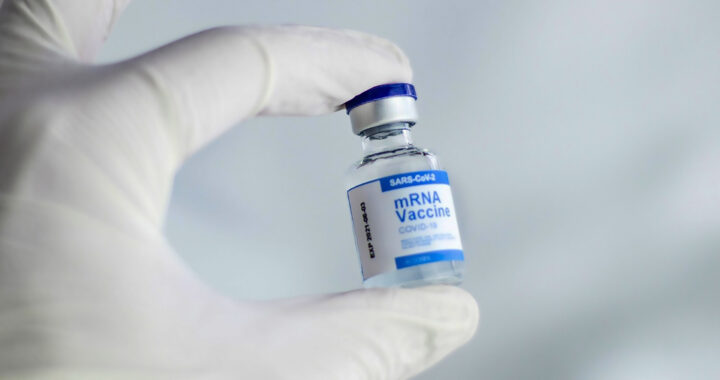On 1 September 2025, U.S. President Donald Trump issued a direct call on pharmaceutical companies to substantiate the success of their COVID-19 drugs. Through a Truth Social post, he demanded evidence showing whether these treatments truly saved lives, emphasizing that the Centers for Disease Control was facing turmoil.
Trump asserted that he had seen extraordinary data from Pfizer and other manufacturers that had not been made available to the public. He declared that the companies must release such information immediately. His remarks cast doubt on the efficacy of the very treatments his administration once worked tirelessly to accelerate.
During his first term, Trump spearheaded Operation Warp Speed, a public and private initiative aimed at expediting the development and distribution of COVID-19 vaccines and therapeutics. Billions in federal funds were allocated to research, clinical trials, and manufacturing contracts, culminating in vaccines reaching the market at unprecedented speed.
He heralded Operation Warp Speed as a momentous accomplishment. He consistently credited his leadership for enabling rapid scientific breakthroughs and early vaccine deployment. Supporters pointed to this program as evidence of decisive crisis management, and it became central to his reelection campaign narrative in late 2020 and beyond.
The new posture creates an apparent contradiction. Trump now questions whether the products produced under his signature program truly worked as promised. By demanding accountability from drugmakers, he distances himself from criticism that Operation Warp Speed may have sacrificed long-term scrutiny for the sake of immediate availability.
Some might perceive his recent directive as hypocritical. The same leader who once celebrated pharmaceutical innovation is now challenging those firms to prove effectiveness. Others could argue that Operation Warp Speed was about mobilizing resources and encouraging the discovery of solutions and workarounds during a global emergency.
Nevertheless, the optics remain complex. The demand comes at a time when public trust in health institutions is fractured. The current stance of Trump risks deepening skepticism about vaccines and therapies, even though they remain supported by peer-reviewed studies and global health authorities citing significant reductions in hospitalization and mortality.
The broader implication is a shifting political narrative. Specifically, by calling out pharmaceutical companies in 2025, Trump positions himself as an outsider demanding accountability, despite having once been the architect of their accelerated path to market. This dual positioning allows him to claim credit and critique simultaneously.
